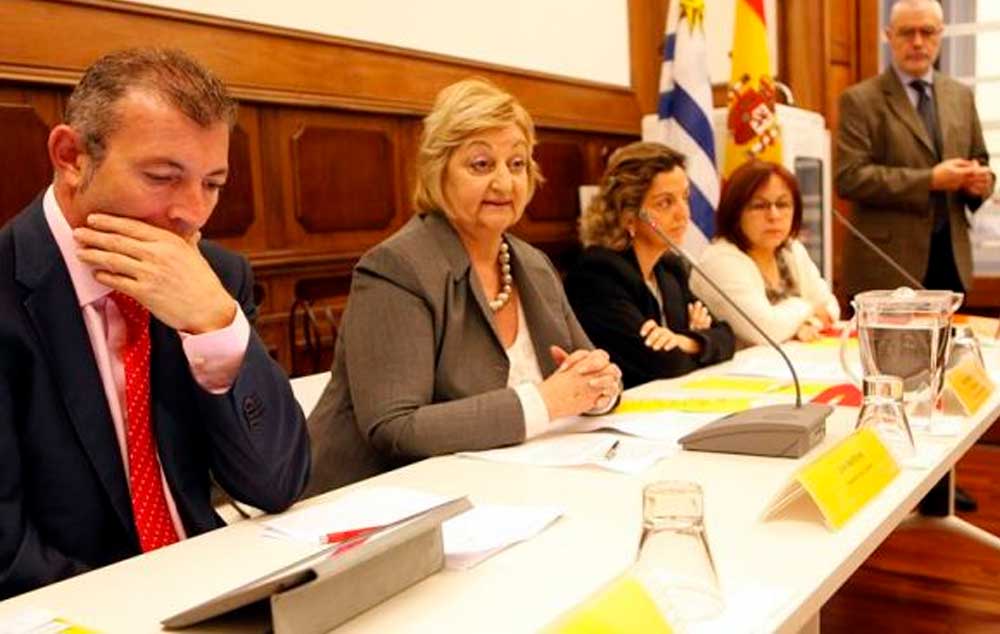Montevideo, Oct 9 (EFE).- Uruguay has launched an ambitious plan to make its tourist offerings more accessible to the disabled thanks to the support of Spain’s Fundacion ONCE, which on Wednesday participated in this capital in a seminar on the subject.
The Ibero-American Conference on Awareness and Strategic Training on Accessibility in the Tourism Sector was inaugurated by Uruguayan Tourism Minister Liliam Kechichian and Fundacion ONCE representative Enrique Garcia.
Kechichian thanked Fundacion ONCE for leaving “the door open” to Uruguay to approach this issue “with much seriousness and responsibility.”
She said that the first cooperative venture between the parties took place at Colonia de Sacramento, a colonial city some 200 kilometers (124 miles) west of Montevideo which was declared a World Heritage Site in 1995.
Uruguayan authorities received recommendations from Fundacion ONCE personnel deployed at that time in Colonia and also at the Atlantida seaside resort.
Kechichian said that providing greater access to tourism opportunities for disabled people is “an issue of the highest importance” because tourism is “a right.”
In addition, such an undertaking responds not only to the development strategy of the sector, which is one of the country’s economic engines, but also to the profile of the Uruguayan public, which is the oldest in Latin America.
“Uruguay has a demographic pyramid that obliges us to think about accessibility,” said the minister, recalling that according to the last census, “10 percent of the citizenry have some kind of disability.”
Fundacion ONCE’s Garcia emphasized the importance of undertaking comprehensive work in the tourist area that includes transportation facilities, as well as projects to increase access to leisure spots such as beaches, museums, restaurants and hotels.
With 3.3 million inhabitants, Uruguay has a number of attractive tourist spots such as its seaside resorts, the best known of which is Punta del Este, but also it also has wide cultural offerings in the capital and lovely rural areas in the country’s interior.
Source: global post

